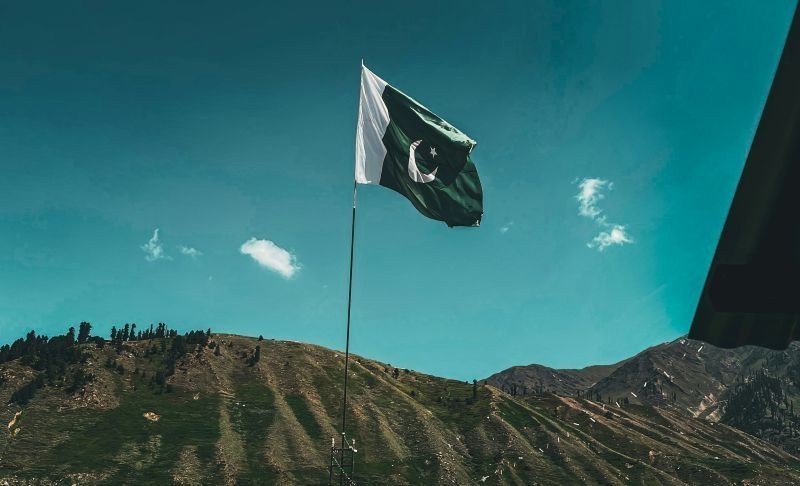Bangladeshi leaders' comments indicate they want to destabilize India's NE: Tipra Motha chief
Bangladeshi leaders' comments indicate they want to destabilize India's NE: Tipra Motha chief
Tipra Motha Supremo, Pradyot Kishore Debbarma said on Friday that statements made by a few leaders in Bangladesh and the caretaker government's Chief Adviser Muhammad Yunus are the indication that they want to again destabilize India's northeast.
While addressing a meeting of surrendered cadres of National Liberation Front of Tripura (NLFT) outfit, Debbarma added that the statements made by a few leaders of Bangladesh, including Yunus, are signals that they want to again destabilize Northeast India.
He also said that political leaders and the Indian government have to make sure that Pakistan and its agencies aren't allowed to create unrest taking advantage of the situation.
"Leaders and the Indian government should ensure that we stop elements who want to sponsor violence through ISI (Inter Services Intelligence). This would not help our people and hence we must do everything that people of the northeast lead a life with peace and tranquility," he said.
The TMP Supremo warned Bangladesh and claimed that with backing from Pakistan's ISI, might attempt to exploit the unemployed youths in northeast India to destabilize the region.
Earlier Muhammad Yunus's comments about seven northeastern states, which he called "an extension of the Chinese economy," have triggered fierce reactions from Indian politicians, including Assam Chief Minister Himanta Biswa Sarma and Tipra-Motha Chief Pradyot Kishore Debbarma.
Debbarma in a post on X had said: "Pradyot Manikya challenges Bangladesh over ocean access for Northeast India."
"Rather than spending billions on innovative and challenging engineering ideas we might as well break up Bangladesh and have our own access to the sea. The Chittagong Hill Tracts were always inhabited by indigenous tribes which always wanted to be part of India since 1947.
There are lakhs and lakhs of Tripuri, Garo, Khasi and Chakma people who reside in Bangladesh in terrible conditions in their traditional lands. This should be utilized for our national interest and for their well being," the TMP Chief said.
During his four-day visit to China, Yunus advocated for closer economic ties with that country (China).
Bangladesh government’s Chief Adviser pointed out that India's northeastern states, collectively called the 'Seven Sisters', lack direct access to the sea.
He suggested that this situation presents a major opportunity, as the region could serve as an extension of the Chinese economy.
He proposed that China's engagement could extend to India's seven northeastern states, emphasising that they are landlocked and could benefit from access through Bangladesh.
NEH Report
Senior Staff Reporter at Northeast Herald, covering news from Tripura and Northeast India.
Related Articles

Three-inter-state drug peddlers arrested with banned cough syrups
Three-inter-state drug peddlers arrested with banned cough syrups

Assam Rifles organizes Drone display for tribal students in Agartala
Assam Rifles organizes Drone display for tribal students in Agartala

Centre targets expansion of Agarwood industry of Tripura with turnover to Rs 2,000 cr: Scindia
Centre targets expansion of Agarwood industry of Tripura with turnover to Rs 2,000 cr: Scindia

Tripura crosses 7 MW milestone in Solar Power generation under PM Surya Ghar Yojana
Tripura crosses 7 MW milestone in Solar Power generation under PM Surya Ghar Yojana
Latest News

Three-inter-state drug peddlers arrested with banned cough syrups

Assam Rifles organizes Drone display for tribal students in Agartala

Baloch activists take human rights battle to Dutch Parliament

SRK is back! Shah Rukh Khan’s ‘King’ release date revealed with roaring teaser

